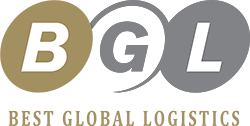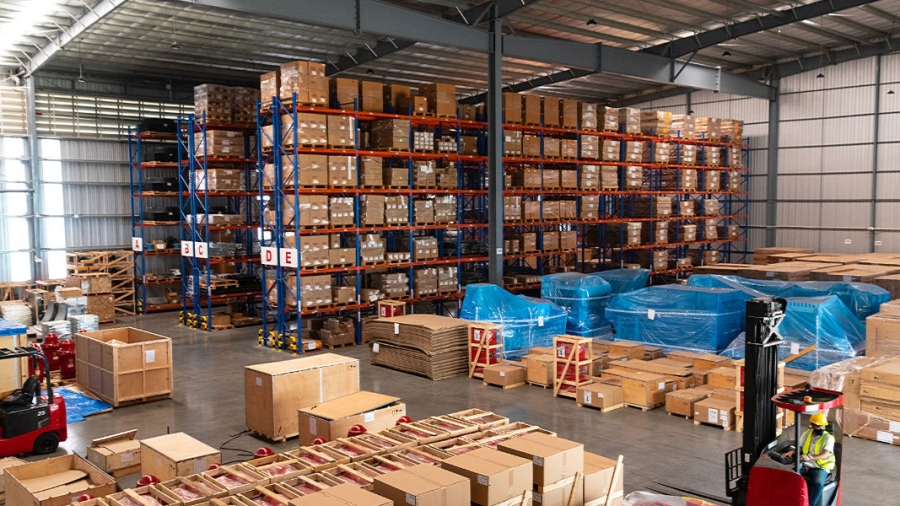A third-party logistics (3PL) company is an external supplier that performs all or part of a company’s supply chain management. Many 3PLs offer a wide range of services, such as inbound freight, outbound freight, freight consolidation, warehousing, distribution, and order fulfillment. Over the past decade, a significant number of 3PLs have entered the marketplace. The increase in service providers is due to the need for companies to become leaner, reduce assets, including headcount, and focus on the core business. Depending on the type of 3PL, there are additional functions they can offer to help your business. Determining which type of 3PL aligns best with your business is essential before beginning your search for a logistics partner.
The three different types of 3PLs are:
Asset-Based Firms
Asset-based 3PLs use their trucks, warehouse, and personnel to operate their business. They own their fleet of trucks and offer comprehensive logistics services, typically arranging shipments, customs clearance, shipment visibility, and carrier management/rate management. There are many benefits to working with an asset-based firm. Particularly that most asset-based forms give a relatively high level of control over the process. By owning trucks and having in-house carriers, asset-based 3PLs have visibility of the shipment from start to finish. This allows customers to be more informed of any delays or issues immediately and reduce frustration.
However, there are some downsides to working with an asset-based logistics firm. For example, they tend to have a narrower carrier base since it’s internal. They may not be able to cover as many lanes or locations as a non-asset-based firm with a more expansive network.
Non-Asset-Based Firms
Non-asset-based 3PL firms don’t own their trucks or warehouse space. However, they provide outsourced logistics solutions, freight brokerage services, and have an extensive network of freight carriers. By having an expansive network of carriers, they’re likely able to quickly move a load. In many cases, they provide a more flexible partnership that covers many customers’ shipping needs. Regardless of what or where they distribute.
Warehouse/Distribution-Based Firms
Warehouse and distribution-based 3PL firms are fairly self-explanatory by the name. It’s a 3PL firm that likely has a warehouse and distribution center experience. These firms serve many functions for a company and eliminate unnecessary focus for them. Warehouse/distribution firms manage labor and supervision, receiving, storage, and shipping. Outsourcing transportation logistics and storage allows an organization to focus on its core business operations for continuing growth. Using these this type of 3pL firm can lower capital investment and reduce the fixed/variable cost ratio.
Financial-Based Firms
Financial-based 3PL firms provide more than just transportation support for your company. These firms can become more involved with your supply chain operations by providing freight payment and auditing, cost accounting and control, tools for monitoring, booking, tracking and tracing, and inventory management. Functions include inventory finance, distribution finance, payment solutions, and leasing. By opting to use a financial-based 3PL, businesses have the opportunity to optimize their supply chain and operations. This could come in many forms, including reduced cost of capital, improved cash flow, and reduced capital investment. Using a financial-based 3PL can help alleviate the headache of ensuring you’re doing everything you can as an organization to cut costs and become more efficient in your supply chain. Financial-based firms can help you ship confidently if uncertain about aspects of your organization’s supply chain.
Partnering with a 3PL, such as BGL, is an excellent way to cut costs and increase profit. There’s no need to invest in a fleet of trucks to save money on your transportation costs. The use of a 3PL can help a business expand into new markets. Businesses can narrow the focus on their core capabilities and let the 3PL provider control the transportation function. But first, a company needs to determine the type of 3PL they want to work with and how they best fit your supply chain needs. To do so, consider the importance of supply chain visibility, your shipping reach throughout the country, and current industry knowledge.



